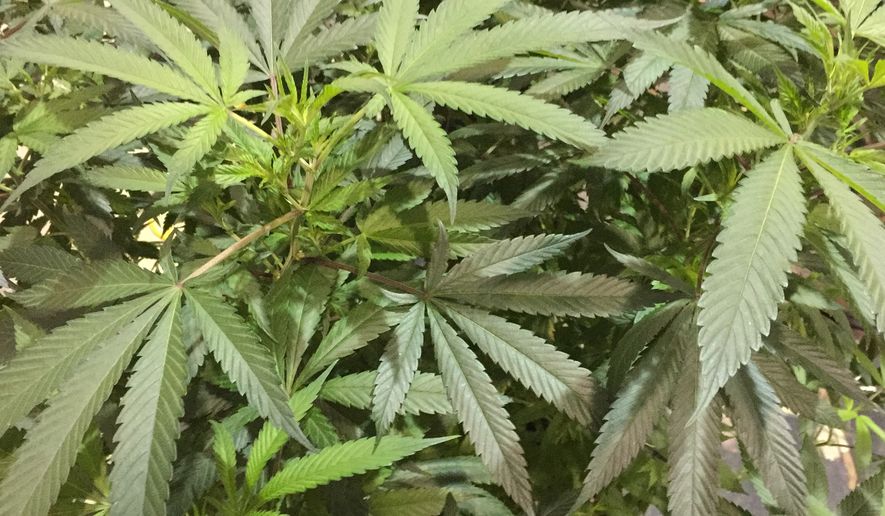Arizona state lawmakers erred by passing legislation barring medical marijuana on college campuses, an appellate court ruled Thursday.
While Arizonians voted in 2010 in favor of establishing a statewide medical marijuana program, their Legislature passed a law two years later making it a crime to possess pot on college and university campuses.
The state Court of Appeals on Thursday said the Legislature violated the Arizona Constitution’s protections for voter-approved laws when it implemented restrictions in 2012.
Institutions are free to establish their own policies prohibiting contraband on campus, the appeals court ruled. Lawmakers can’t make possessing marijuana on campus a crime, however, since the state Constitution prohibits the Legislature from amending voter-approved laws that don’t “further the purpose” of the people’s intent.
“To the contrary, it eliminate[d] some of its protections,” Judge Peter Swann wrote for the panel’s unanimous 3-0 ruling with respect to the 2012 restrictions.
Under the 2010 law, Arizonans agreed that medical marijuana patients should be barred from bringing prescriptions to school buses, public schools and correctional facilities. According to the appeals court, the Legislature violated the state Constitution when it moved in 2012 to prohibit marijuana on “the campus of any public university, college, community college or post secondary educational institution.”
The state had argued that allowing pot on campus could put schools at risk of losing funding since cannabis remains illegal under federal law.
“If the state finds it necessary to protect federal funding by prohibiting medical marijuana on public college and university campuses, then the (medical marijuana law) does not stop it from creating such policies,” Judge Swann responded. “Nor does (the law) prohibit the Legislature from enacting non-criminal statutes to ensure the absence of medical marijuana on college and university campuses.”
“To the extent a person violates such rules or prohibitions, the state can have the offending party removed or charged with trespassing,” he said. “The Arizona Medical Marijuana Act does not stop it from creating such policies.”
Thursday’s ruling stems from a conviction handed down in 2015 to a medical marijuana cardholder, Andre Maestas, who was arrested for possessing a small quantity of pot inside his Arizona State University dorm room. He was charged with a felony under the 2012 law, but he was ultimately found guilty of a misdemeanor and sentenced to unsupervised probation. The appeals court overturned Mr. Maestas’ conviction by ruling in his favor Thursday, the Phoenix New Times reported.
Twenty-eight states and the nation’s capital have passed medical marijuana laws, notwithstanding the federal government’s ongoing prohibition on pot.
• Andrew Blake can be reached at ablake@washingtontimes.com.




Please read our comment policy before commenting.